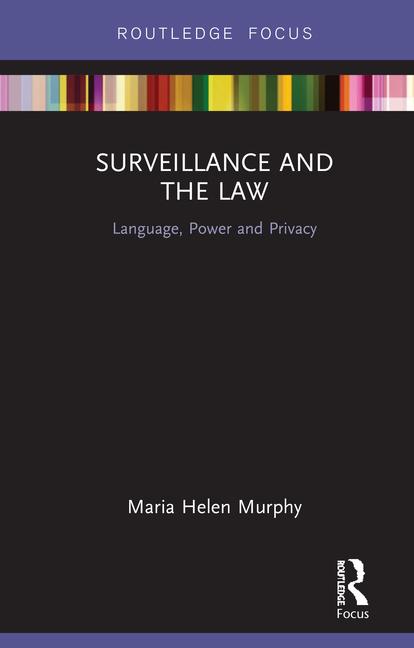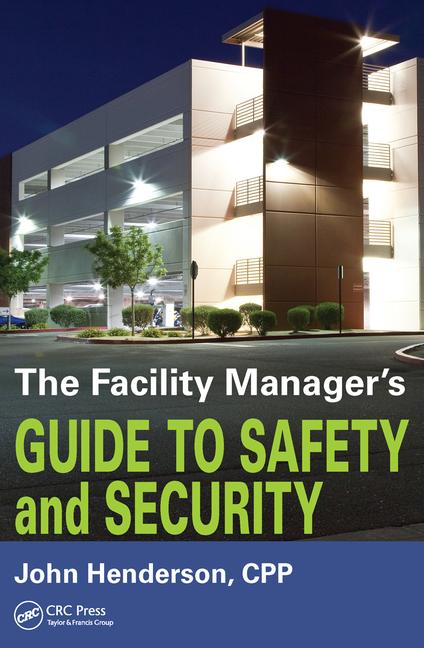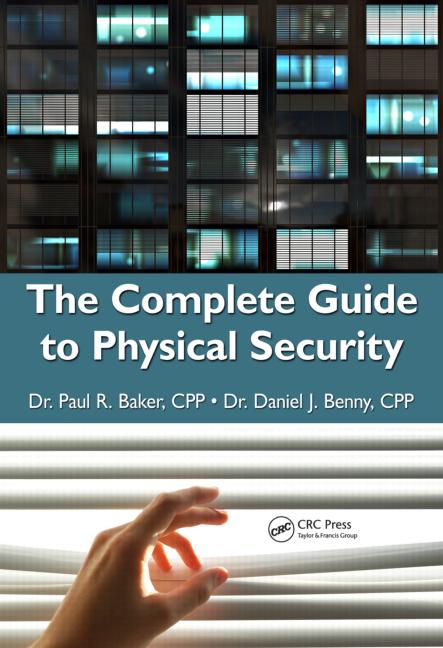In this case, the police responded to a home security alarm and received no response to their knock at the front door or to the doorbell. The officer saw no lights in the house but discovered a broken window and an unlocked sliding glass door at the rear of the house.
Officers then opened the rear door and announced themselves before entering. With no response, the officers entered the house, drew their weapons, turned on the house lights and searched for intruders. In the basement, they discovered in plain view marijuana plants and grow lights.
The issue before the court was whether the police’s initial warrantless search of the home and their subsequent seizure of drugs found there was unlawful.
The right of the police to make a warrantless entry without the occupant’s consent depends upon the existence of probable cause and urgent circumstances. The homeowner contended that the mere activation of the house alarm did not constitute urgent circumstances.
Further, he contended that the terms of his security contract with the security company did not provide the police with any implied consent to justify the police’s warrantless entry.
The court found that the police officer’s initial entry into the residence without a warrant or consent was constitutional. The entry into the residence in response to an alarm call was constitutionally permissible under the exception to the warrant requirement for urgent circumstances.
In the absence of any illegalities surrounding the police’s initial search of the home, the drug evidence seized by police from the residence was lawfully obtained, the court ruled.
In a similar case last February, the United States District Court for the Northern District of Illinois granted a summary judgment in favor of a city and its police officers when the police responded to a panic alarm, entered the homeowner’s residence without a warrant and seized unregistered firearms.
In its decision, the court indicated that the officers were entitled to summary judgment because of the responding officer’s lack of knowledge about the age of the call from the alarm company, the ringing alarm when he responded to the call, the signs of forced entry and the lack of response when he announced his presence. This established probable cause to search the residence, the court concluded.




